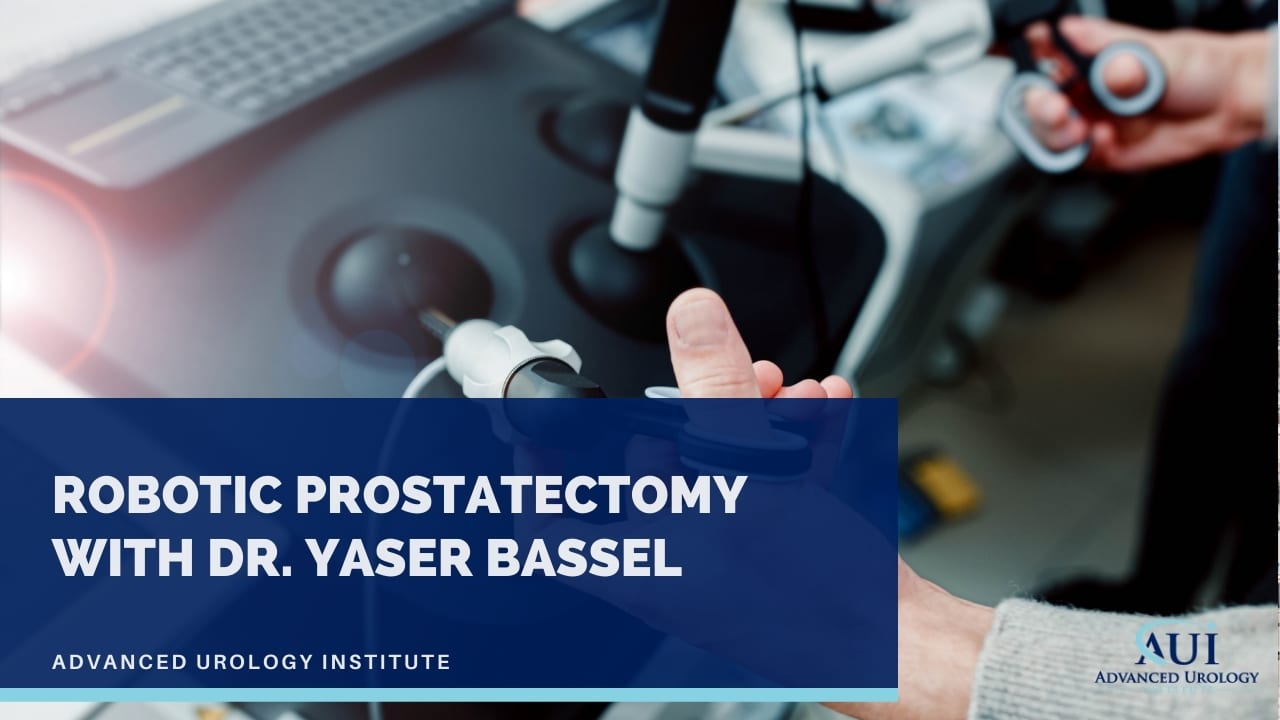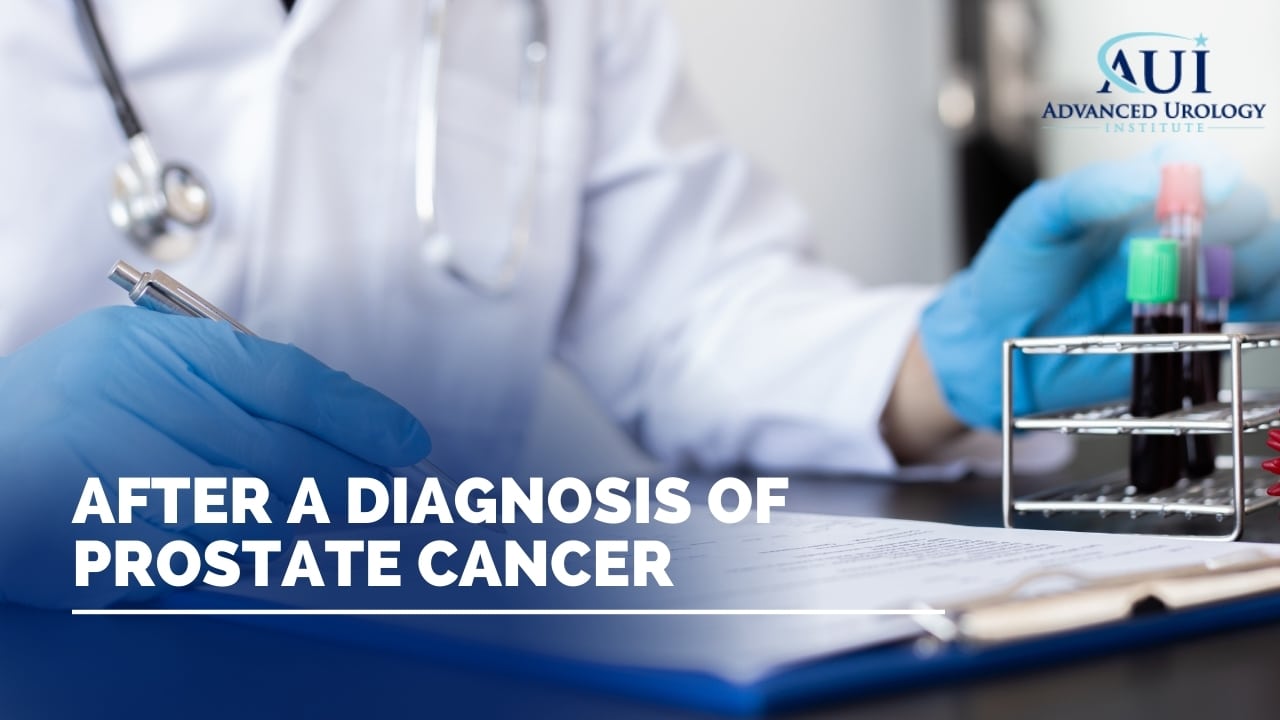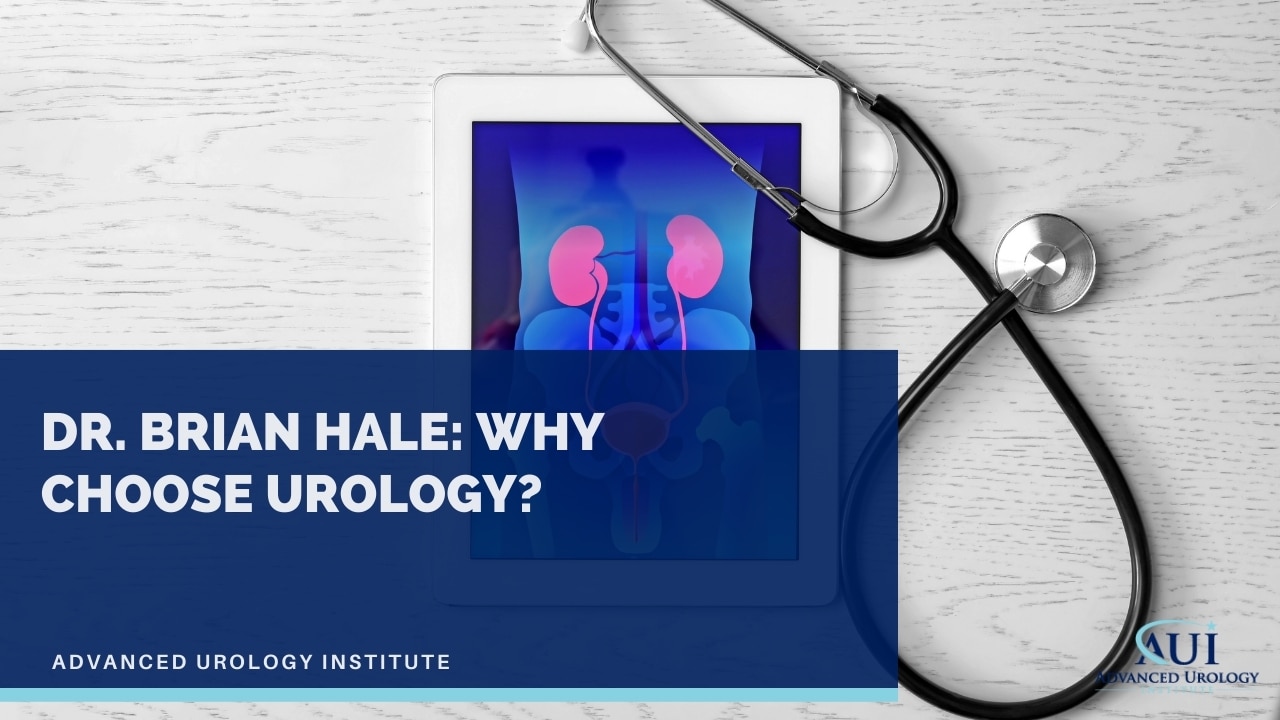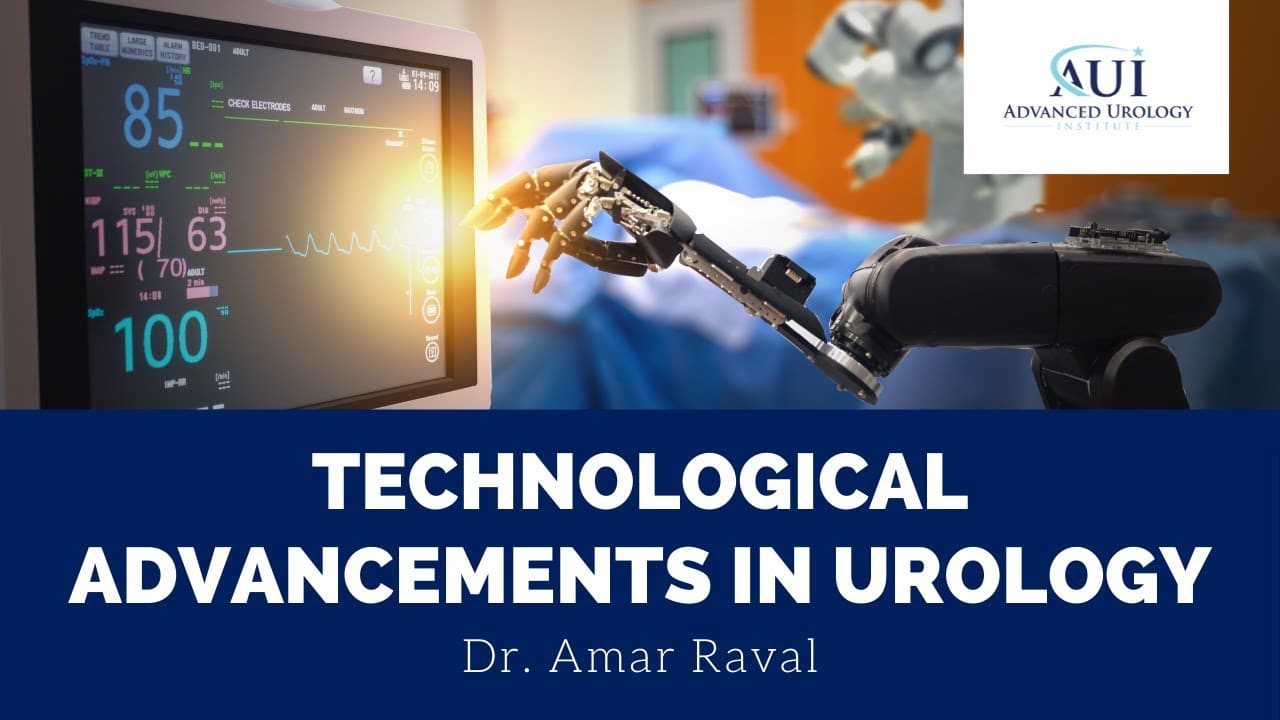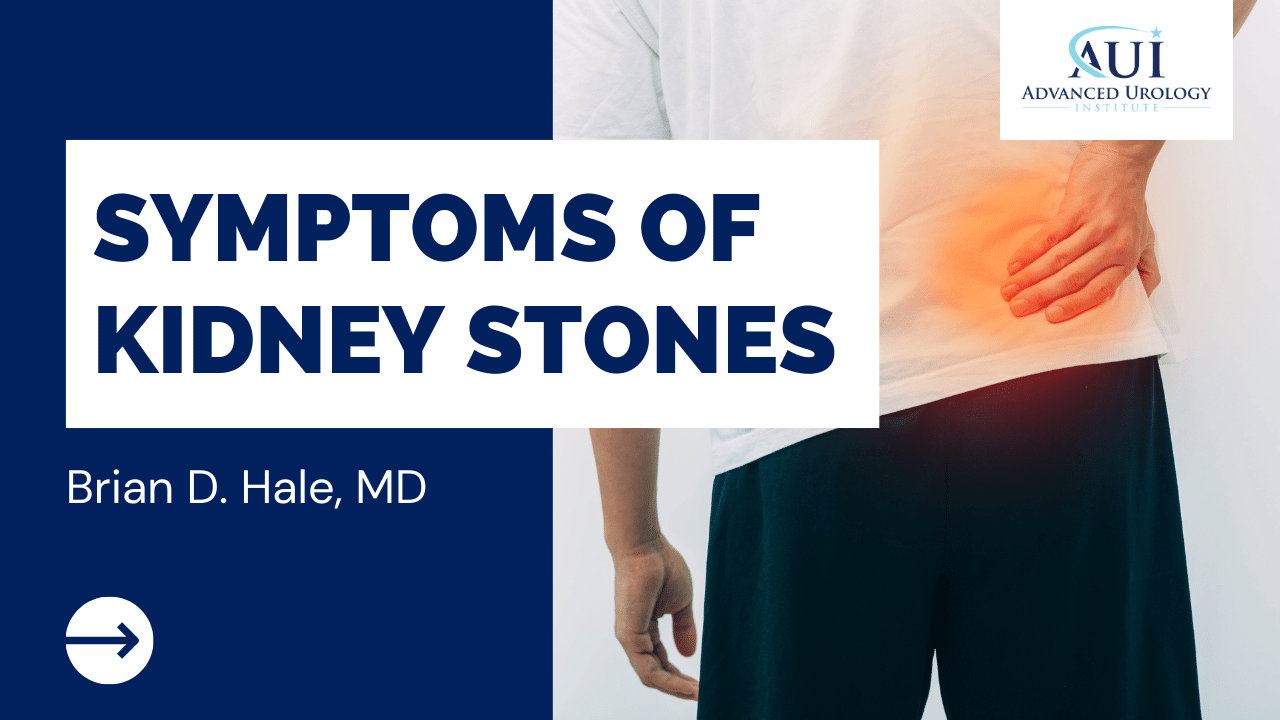My name is Yaser Bassel, I’m a board certified urologist with Advanced Urology Institute. We see a lot of women, in particular for issues with incontinence or involuntary loss of urine. And there are multiple reasons for having that
Continue readingRadiation Therapy for Prostate Cancer
My name is Yaser Bassel, I’m a board certified urologist with Advanced Urology Institute. With Radiation Therapy there are different means of administering radiation, there are seeds that can be implanted, there’s external beam radiation therapy and sometimes radiation
Continue readingWhat is Robotic Prostatectomy According to Dr. Yaser Bassel?
My name is Yaser Bassel, I’m a board certified urologist with Advanced Urology Institute. When you’re talking about robotic prostatectomy we typically lean towards doing that with younger patients who have a long life expectancy. And those patients that we
Continue readingAfter a Diagnosis of Prostate Cancer
My name is Amar J. Raval and I’m with Advanced Urology Institute. If you’re young and you have newly diagnosed prostate cancer, I’m definitely more aggressive in that regard offering treatment options whether it’s a radical prostatectomy or any
Continue readingWhat Common Surgeries Does Dr. Brian Hale Perform?
Dr. Brian Hale of Tampa, FL discusses the common surgeries he performs including kidney stone removal, prostate surgery, and cancer treatment.
Continue readingWhy Did Dr. Brian Hale Choose Urology as a Specialty?
Dr. Brian Hale: One of the nice things about urology is that most of the patients we see we can actually treat and help.
Continue readingHow Does Dr. Yaser Bassel Approach Treating Low Testosterone?
My Name is Yaser Bassel, I’m a Board-Certified Urologist with Advanced Urology Institute. Low testosterone at this point has come to the forefront a lot of times because of the advertising done by manufacturers of Testosterone. But for men
Continue readingHow Does Dr. Brian Hale Approach Bladder Cancer Treatment?
Technological Advancements in Urology
What Treatment Options Are Available for Prostate Cancer – Dr. Amar Raval
The first is watchful waiting, that’s knowing that you have prostate cancer but you don’t want to really do anything about it.
Active surveillance is when you’re diagnosed with either low risk or low volume intermediate risk prostate cancer, you follow up with PSAs and digital rectal exams every three to six (3-6) months and then biopsies subsequently. If it advances or it’s a higher stage, then you treat it.
There’s also radiation therapy with hormones, brachytherapy, and of course surgery which is a radical prostatectomy that can be done open or laparoscopically/robotically.
So there’s plenty of options out there. It can be a very confusing type of cancer to have and I think it warrants us long conversations with the patients so they know all the options that are available.
What are the Symptoms of Low Testosterone, According to Dr. Brian Hale?
What is Vasectomy Recovery Like?
Kidney Stones Symptoms with Dr. Brian Hale
So patients who have kidney stones usually complain of flank pain, which is where the pain would be behind the lower ribs and sometimes it wraps around towards the front [and] down towards the groin area. Those are the most common symptoms, [sometimes] they’ll also have blood in the urine on our testing in the office.
Usually we’ll get an ultrasound or CT scan that diagnoses the stone, it’ll tell us the size and location. If the stones are smaller [about] less than 4 millimeters in size, ninety (90) percent of those times it will pass on their own. So on those patients, I give them a chance to try to pass the stone before we operate on them. When they’re bigger, they’ll be more than 6 millimeters in size, the less of a change of passing [the stone], less than ten (10) percent. For those patients, we look at the scheduling surgery for.




